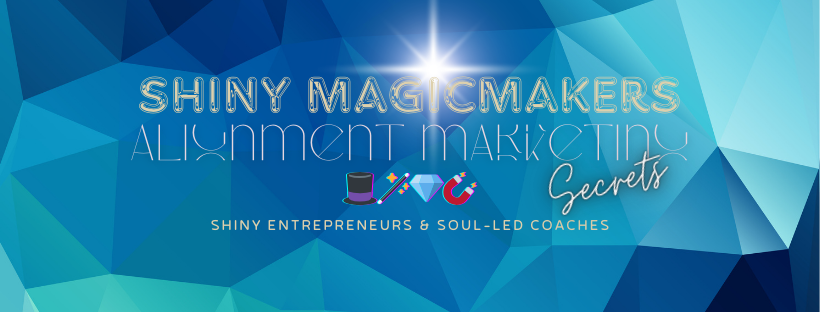At times, we all struggle to keep our mind on the task at hand. What is it that gets in your way of paying attention? Are you hungry? Did you get enough sleep? Are you feeling drained mentally or emotionally? Perhaps, it’s not because of your physical state that you’re inattentive but because of the environment. Can you hear what’s being said or is it too noisy? Can you see what you need to or do you need to sit closer or wear glasses? Is it too cold or hot? All of these can contribute to distractions.
When you have ADHD, you automatically have the disadvantage of your “filters” not operating optimally. For example, if there’s a noise coming from the back of the room it can be as upfront and loud as the person speaking in front of you. When you don’t have ADHD these extraneous stimuli (lights, sounds) filter automatically and are assigned to the background by your brain. With ADHD, this doesn’t happen automatically. You have to say consciously to yourself, “I hear that, but I need to ignore it.” Not only does that takes a lot of mental energy it also takes extra time. Time away from what is being said and what is going on that needs your attention.
No medication creates this filtering process, so it’s essential to set yourself up for success as best as possible. Compare it to mitigating your risks.
Definition: Risk mitigation planning is the process of developing options and actions to enhance opportunities and reduce threats to project objectives.¹
So, what are your options? Since school is right around the corner, let’s use being in a classroom as an example. Knowing that the filtering process must happen “manually” versus “automatically” how can you ensure a higher success rate in paying attention at school?
For starters let’s go over physical self-care. Did you eat breakfast? Eating a protein breakfast like eggs, bacon, or peanut butter is a better option than carb-filled cereals. Did you get enough sleep? Getting at least 8 hours of sleep may be the optimal number of required hours. Are you feeling drained either mentally or emotionally? Considering the emotional deregulation factors involved with ADHD, this is a really important aspect to gauge. If you’re flooded by emotions from some other activity or circumstance, extra break time between tasks may be required.
Next, let’s think about the environment. Is it quiet enough to concentrate on only the task at hand? If there’s a lot of movement and noise going on, ask if there’s another location where you can go to finish a project or listen to a recording. Maybe sitting closer to the teacher would help so you’re less likely to see others, as they’ll be behind you. Designing a suitable space for learning is highly personal, so ask for accommodations, like extra time, that you feel will support your ability to pay attention as required.
Remember, a little foresight can make the difference. Talking ahead of time with teachers can make a world of difference. To proactively create solutions to potential problems diminishes the risk that they’ll pop up eventually and derail you. Think of it as enhancing your opportunity for increased attention and minimizing the threat of decreased attention.
I have a free webinar coming up, Demystifying & De-Stigmatizing Adult ADHD.
Be sure to sign up for it!
AFTER THIS PRESENTATION YOU WILL, AMONG OTHER THINGS:
- Understand the 2013 changes to the Diagnostic and Statistical Manual of Mental Disorders – 5th Edition (DSM-5).
- Be able to summarize the role of Executive Function and how its impairment negatively impacts those with ADHD.
- See what challenges our understanding of ADHD and understand its challenges.
Understand how a strength-based approach and attitude towards ADHD helps fight against stigma and breeds a healthy self-esteem in people with ADHD.
¹Project Management Institute, A Guide to the Project Management Body of Knowledge, (PMBOK Guide), Fourth Edition, ANSI/PMI 99-001-2008, pp. 273-312.


Yes medication does help, The first in my life I was able sit in the front, stay focus on the teacher, participate in class discussions, ask questions, work in groups was three years ago I was 53y, and it was because i was taking a minimal dosage of Adderall.
Yes, Fred, medication does help with focus and focus is what helps tune out the distractions. Thank you for making that point.